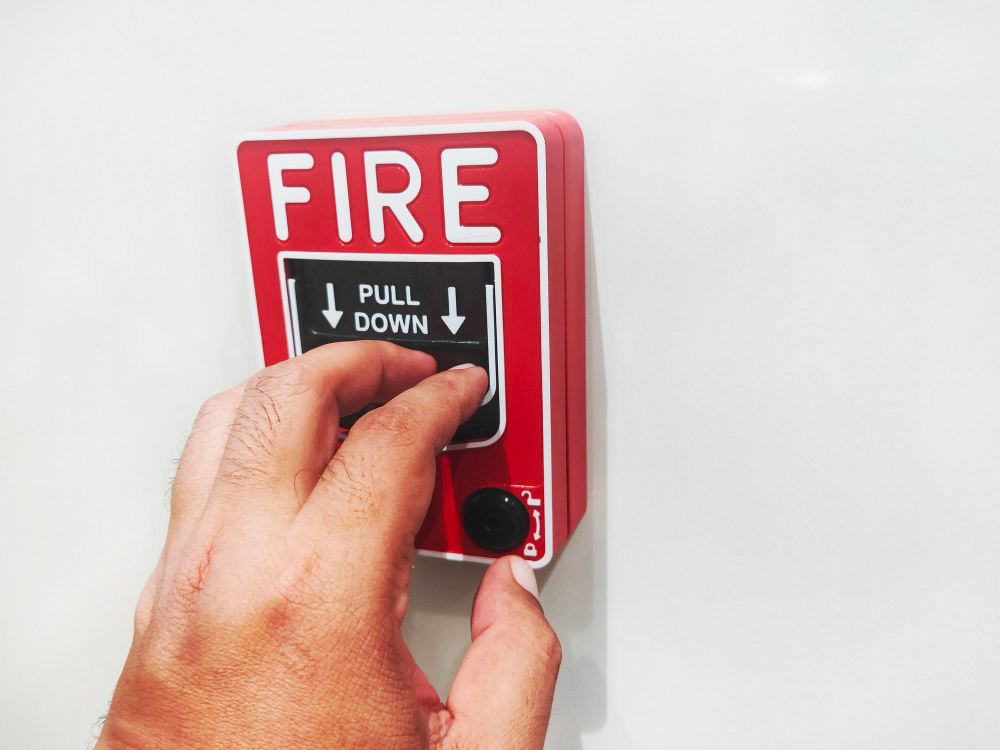Proactive Safety: How Fire Detection and Alarm Systems Benefit Philippine Insurance Policies

In any highly populated area with frequently changing weather conditions – like the Philippines – there is a need for a more proactive approach to fire safety. This is why fire detection and alarm systems serve as a critical line of defense, facilitating early fire detection and mitigating potential property damage while safeguarding lives. Moreover, the advantages extend beyond immediate life safety, demonstrably impacting property insurance policies.
This article dives into the advantages of having these systems installed in your property and its relation to your insurance policies.
Reduced Premiums and Incentives
Imagine you’re planning a trip. The travel company might charge you more if they think there’s a higher chance of bad weather ruining your trip. It’s similar to insurance companies. They consider the risk of something bad happening, like a fire, before setting your monthly payments. Houses and buildings with working alarms are less likely to have a major fire that causes a lot of damage.
This lower risk translates to lower insurance costs for both homeowners and businesses. On top of that, many insurance companies in the country offer special benefits for having alarms. These benefits can range from lower monthly payments to getting your claim processed much faster in case of a fire, which can be a huge help during a stressful time.
Enhanced Peace of Mind
Beyond the undeniable cost benefits associated with lower insurance premiums, fire alarm systems provide a significant intangible value: enhanced operational continuity. By proactively monitoring for fire hazards, these systems offer property owners peace of mind, allowing them to concentrate on core business functions or residential activities with the confidence that their investments are safeguarded. Early fire detection plays a crucial role in mitigating potential damage, often preventing a minor incident from escalating into a catastrophic loss.
Choosing the Right System
Smoke Detectors
Most houses come with alarms that are really good at catching fires when they’re just little sparks. These are the most common ones you’ll see. They work by using a tiny light, similar to a flashlight beam, to look for small smoke particles floating around in the air. If the alarm finds smoke, it makes a very loud noise to let everyone in the house know there might be a fire. This way, everyone has time to get out safely.
Heat Detectors
For kitchens that get smoky when you cook and garages that tend to be dusty, the regular smoke alarms might sometimes make a loud noise by mistake. This is because the smoke from cooking or dust can confuse them. That’s why there’s another kind of alarm that works better in these places. These alarms look for a big jump in temperature instead of smoke. So, they’re less likely to make a loud noise by mistake because of smoke from cooking or dust in the air.
Carbon Monoxide Detectors
There are also alarms that can detect carbon monoxide, which is a gas you can’t see or smell, but it can be very dangerous if you breathe it in. These alarms are especially important to have in places where there are fuel-burning appliances, like furnaces or gas stoves. When choosing the right alarm system for your needs, there are a few things to consider.
First, think about the size of your property and how it’s laid out. Then, consider what kind of fire hazards there might be, like having a fireplace or a garage. Finally, think about your budget to see what kind of system you can afford. If you’re not sure which system is best for you, it’s always a good idea to talk to a fire safety expert. They can help you choose the right alarms to keep you safe from both fires and carbon monoxide poisoning.
Importance of Maintenance
Keeping your alarms in top shape is easy and important for staying safe. Here’s what you can do: Once a month, give them a quick test to make sure they’re still working properly. The alarms themselves will usually let you know when the batteries are getting low with a chirping sound. That’s your cue to replace them so the alarms always have enough power to function.
Finally, every now and then, it’s a good idea to gently wipe them down with a soft cloth to remove any dust or dirt that might be blocking the sensors. Clean sensors can sense smoke or other problems in the air more easily, keeping you safe.
Key Takeaways
Fire alarm systems represent a strategic investment in both safety and financial security. By encouraging property owners about prioritizing the installation and proper maintenance of reliable fire detection and alarm systems in the Philippines, property owners can benefit from lower insurance premiums, potential insurance incentives, and the invaluable peace of mind that comes with proactive fire safety measures. Remember, fire safety is a shared responsibility, and early detection through reliable alarm systems plays a critical role in safeguarding lives and property.




